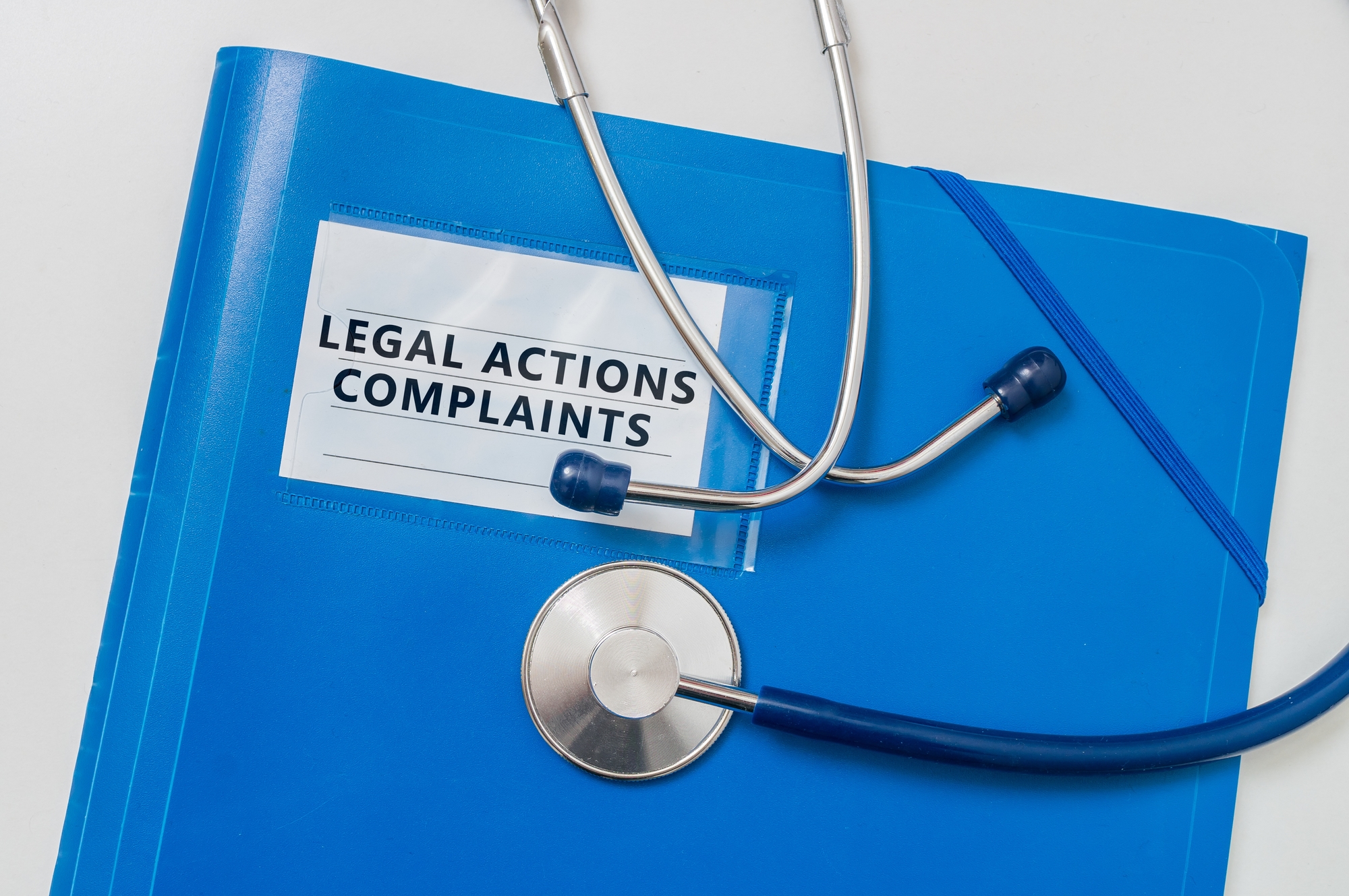Shopworker protections in Offensive Weapons Bill abandoned
In our last edition of ‘In the News’ on assaults at work, I detailed how amendments were being tabled to a new Bill passing through the House of Lords. The Offensive Weapons Bill is set to add stricter regulation of the sale of items which could be used as offensive weapons, such as knives and corrosive chemicals. An amendment had been proposed which intended to create a separate crime for anyone abusing, threatening or assaulting a shopworker who enforced the new law and refused to sell restricted goods.
However, in the final stages of the Bill, this amendment has been withdrawn, removing the proposed shop worker protection. Disagreement in the House over how sentencing for the offence would be handled saw the amendment lose support and it was withdrawn to prevent delay to the other measures contained in the Bill.
The proposed protection was heavily support by the Union of Shop, Distributive and Allied Workers (USDAW). The union’s general secretary, Paddy Lillis described the withdrawal “a missed opportunity” and stated: “Our members now face additional risks of prosecution because of this Bill, but no commensurate additional protection.”
However, in the House of Lords debate on the issue, the Government acknowledged that a full investigation was needed into the dangers faced by shopworkers from assaults at work or threats, with the possibility that further legislation might be necessary to help protect them.
Results from a 2018 USDAW survey suggest that shopworkers continue to face significant risks of assault in their work:
“During 2018: Nearly two-thirds of shopworkers experienced verbal abuse, over 40% were threatened by a customer, with over 280 assaulted every day.”
If you have experienced an assault at work by a customer, it can leave you feeling traumatised, and possibly confused about what you can do about it. Depending on your situation, it may be possible for you to claim compensation from a number of different parties, including your employer, your attacker, or from the Criminal Injuries Compensation Authority.
Bar manager choked by her colleague wins Tribunal claim
It is an unfortunate fact that workers face the risk of assault at work from people other than just customers or members of the public. An assault at work by a colleague can be particularly distressing as the victim may have to see and work alongside their attacker following the assault.
A bar manager, Molly Phillips, was choked by a colleague at a work Christmas party. CCTV footage of the incident showed Nathan Webb, a chef with whom Ms Phillips worked, gripping his arm tightly around Ms Phillips’ neck. The Employment Tribunal, later considering Ms Phillips’ claim, described it as looking initially like a “friendly, drunken gesture”, however, whilst Ms Phillips was in the headlock she passed out and fell to the ground.
Ms Phillips originally made light of the situation, which both she and Mr Webb were too intoxicated to remember. However, sight of the CCTV footage and later events made her interpret what Mr Webb had done as a deliberate act. She gradually became very uncomfortable around him and at work in general. When she raised the matter with her employers, they dismissed her complaints.
Ms Phillips resigned on the basis that she did not feel safe continuing to work there and brought an unfair dismissal claim against her employers. As such, it did not focus on the assault at work itself, but instead on her employers’ handling of its aftermath.
Despite the name unfair ‘dismissal’, a worker may still be able to claim compensation even if they were not dismissed, in the strict sense, but resigned instead. This is called constructive dismissal and applies in situations where an employer has made it impossible for the worker to continue working for them. Ms Phillips successfully established that there had been constructive dismissal in her case.
She was awarded £6,659 in compensation for her unfair dismissal claim. Unfortunately, however, like many victims of workplace assaults, Ms Phillips stated that she still suffers mentally and physically from the incident.
The case shows how other employment law situations may arise from an incident of assault. When an assault has been committed by a colleague, the way in which an employer handles the situation can touch upon a number of different employment rights. If you have found yourself in a similar situation, it is crucial to seek specialist advice. Truth Legal has a number of expert employment law and personal injury solicitors.
Poor protection for hospital security staff
The union ‘Unite’ has called attention to the difficulties faced by 21 of its members who work as security staff at Southampton General Hospital.
They state that the staff are regularly attacked by members of the public who are “under the influence of drink or drugs or with mental health problems.”
Unite also alleged that Mitie Security Ltd, the company which employs the security staff members, had refused to provide adequate personal protective equipment (PPE), such as stab vests and safety restraints, in spite of an increase in knife-related incidents.
Employers have legal obligations to provide adequate PPE to keep their staff as safe as reasonably possible during the course of their work – failure to so can constitute a breach of the employer’s statutory duties. If your employer has not provided you with adequate PPE, and you suffer injury or harm as a result of this failure, you may be able to claim compensation.
According to Unite, the hospital trust and Mitie Security have refused to investigate the situation unless someone is injured. If these allegations are true, it could be in contravention of other legal duties. Employers must also perform risk assessments and conduct ongoing monitoring to analyse the dangers to health and safety which their workers face.
Not only that, but it would also demonstrate the wrong approach to personal injury and assault at work matters. Waiting until a worker has been assaulted – and suffered potentially life-changing injuries – before investigating and paying out compensation (where necessary) undermines the whole purpose of workplace health and safety protections. It is far better to avoid personal injury in the first place and anyone who has been the victim of an assault at work would surely agree.
If you have been assaulted at work, or you feel your employer is not respecting your workplace rights, you should seek legal advice. Get in touch with Truth Legal for expert personal injury and employment law guidance.
Further Reading
From one of the UK’s most read legal blogs.









